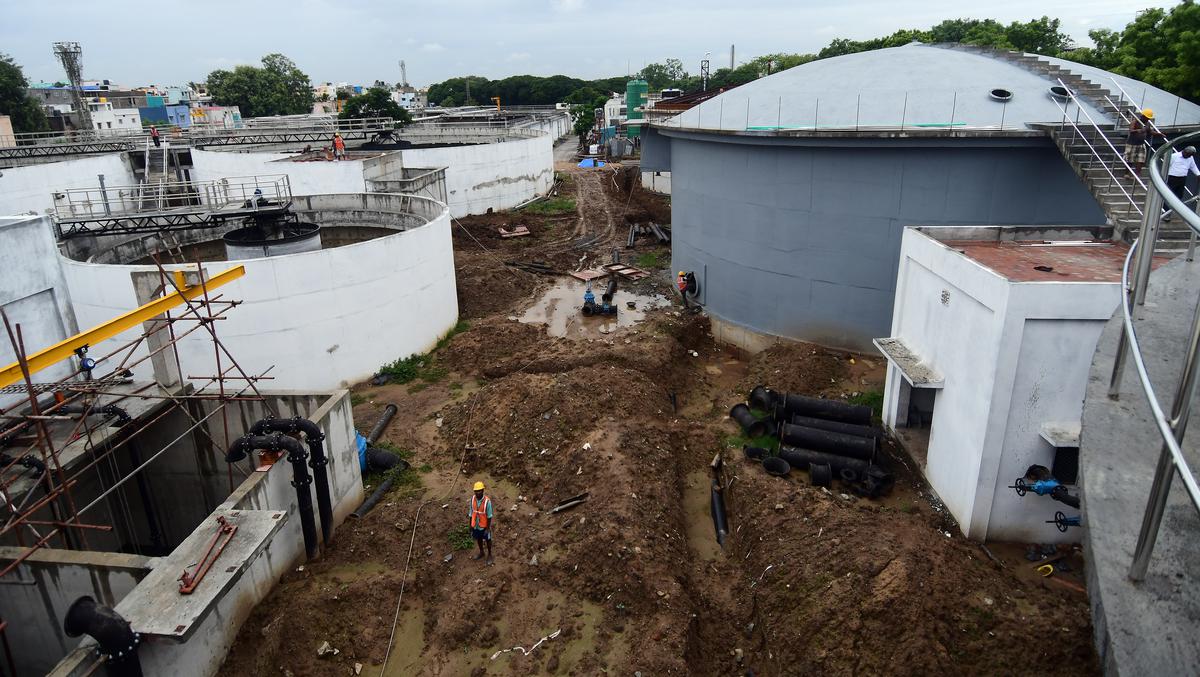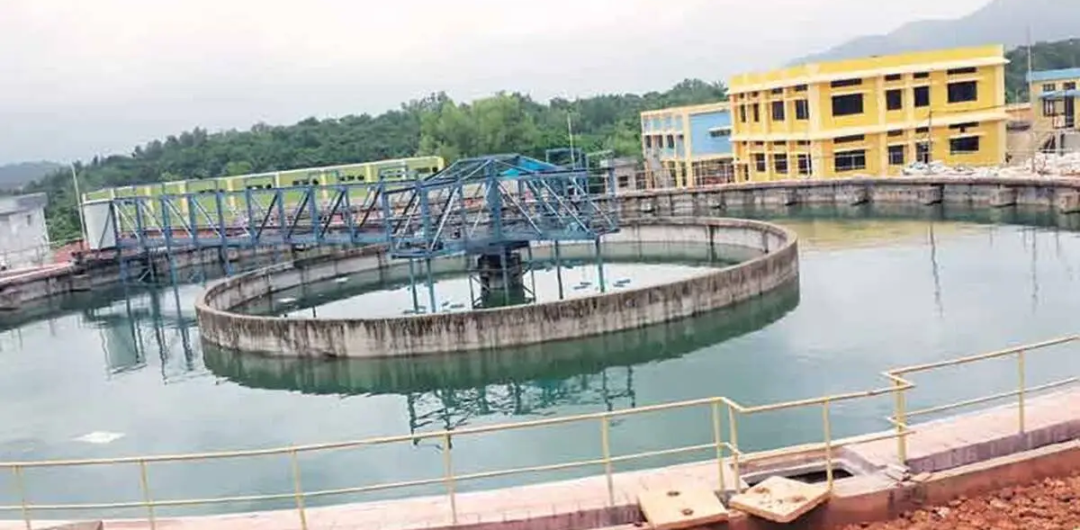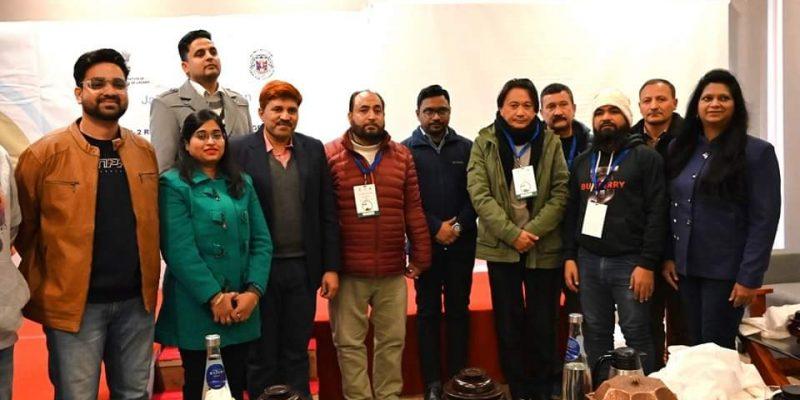The Chennai Metropolitan Water Supply and Sewerage Board (CMWSSB) is likely to add five sewage treatment plants (STPs) to its network by this year end. Built with the latest sequential batch reactor technology to comply with the revised norms of the Central Pollution Control Board (CPCB), the new plants at Kodungaiyur, Koyambedu, Nesapakkam and Perungudi and other places, will have a combined capacity to treat nearly 350 million litres a day (mld).
“We are adding new facilities to cater to the projected population in 2035. Work has been completed in the STP at Tiruvottiyur and the facility is undergoing trials,” said an official of the board. Work is in full swing at the other plants that are expected to be ready by December.
At present, the city generates 584 mld of sewage which is treated at various STPs across the city. The existing 13 STPs, including the one in Sholinganallur, have a combined capacity to treat nearly 745 mld.
Officials said the board aimed to increase its treatment capacity to about 1,000 mld by the end of 2023. There is a rising need to improve the treatment facilities on a par with septage collection on the outskirts and sewage collection system in the core areas. The new plants would adopt the latest technology, which requires less space and produces better quality of reclaimed water.
For instance, the biochemical oxygen and the total suspended solids that determine the quality of treated sewage let into channels will be reduced to less than 10 mg a litre and 20 mg a litre respectively. At present, the TDS level in the treated sewage was less than 30 mg a litre.
Moreover, work is being carried out to plug sewage outfalls in various major water channels, besides the Adyar and the Cooum. New pipelines and projects are being carried out to provide modular STPs to treat raw sewage flowing into the Cooum and the Adyar, the officials said.
Old STPs to be upgraded
The city’s seven STPs at Kodungaiyur, Koyambedu, Nesapakkam and Perungudi, which were constructed several years ago, are being revamped to meet the new discharge norms. Officials said the components in the present STPs were being partially dismantled and replaced with improved units to comply with the CPCB’s norms.
The existing plants will adopt another biological treatment process — moving bed biofilm reactor — as it was found to be best-suited to modify the units and reduce pollutants. The ₹190-crore project to improve these plants would be completed by March.
Officials said the board was focusing on supply of secondary and tertiary treated sewage to industries. It planned to establish tertiary treatment ultra filtration plants to enable indirect use of recycled water for domestic purpose. Once these schemes are completed, there will be considerable reduction in the flow of raw sewage into the drains and rivers, the officials added.





